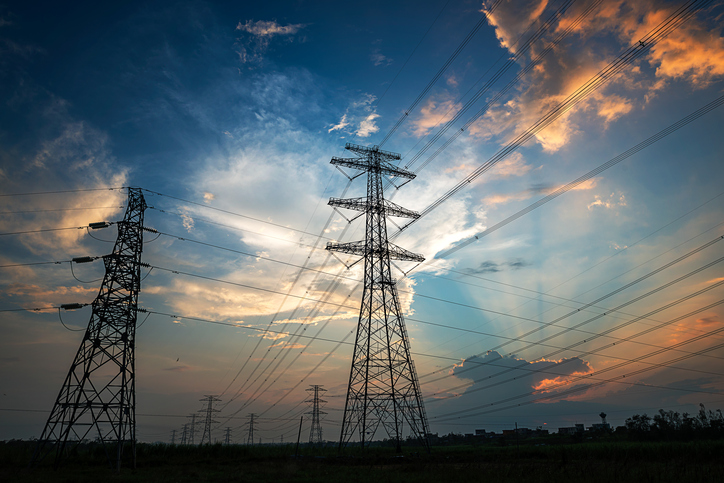Western Power Distribution (WPD) has published its Net Zero Communities strategy in a bid to offer greater levels of support for local energy.
The DNO has lauded its efforts to support community energy since 2014, highlighting a number of schemes it has been involved in such as the Cornwall Local Energy Market led by Centrica and the SoLa Bristol project examining the impacts of high densities of low carbon technologies on the network.
WPD stated that it has a vision of community and local energy being a “strong and resilient” part of the energy sector. With the introduction of its strategy – which was created in collaboration with Regen – the DNO is hoping to further the impact of community energy organisations within its service area, offering greater support and ongoing engagement.
Writing in the foreword, Alison Sleightholm, resources and external affairs director at WPD, said the DNO recognises that “the playing field is not level”, meaning WPD needs to provide communities working on local energy plans with greater support.
By September 2020, it plans to start carbon reporting on the services it buys and explore ways of recognising low carbon services in its procurement processes, starting with flexibility services.
It is also looking to make a clear statement on the link between net zero and communities in its RIIO-ED2 business plan, consulting with communities on what this statement should be.
In December 2020, WPD plans on publishing guidance on how it can undertake anticipatory investment to ensure its network isn’t a barrier to meeting the objectives set in local area energy plans.
Other aims outlined in its strategy include improving the connections process and working with community energy organisations on more innovation projects that help develop new business models, with plans to launch a specific Network Innovation Allowance (NIA) funding call in November 2020 for community energy groups.
Data also formed part of the strategy’s focus, with WPD committing to carry out a data openness assessment as part of its Presumed Open Data project. It will also make local substation data available through the rollout of its OpenLV project.
Lastly, WPD details plans to help community energy organisations address fuel poverty, as well as to continue to engage with the organisations and consult with communities and other stakeholder groups as to what should be funded and how much should be allocated in the 2023-28 price control period.
Sleightholm added that the energy transition “cannot be top-down because distributed renewable generation is local, and achieving a smarter and more flexible energy system requires all of us in homes and businesses across the country to be able to contribute”.





